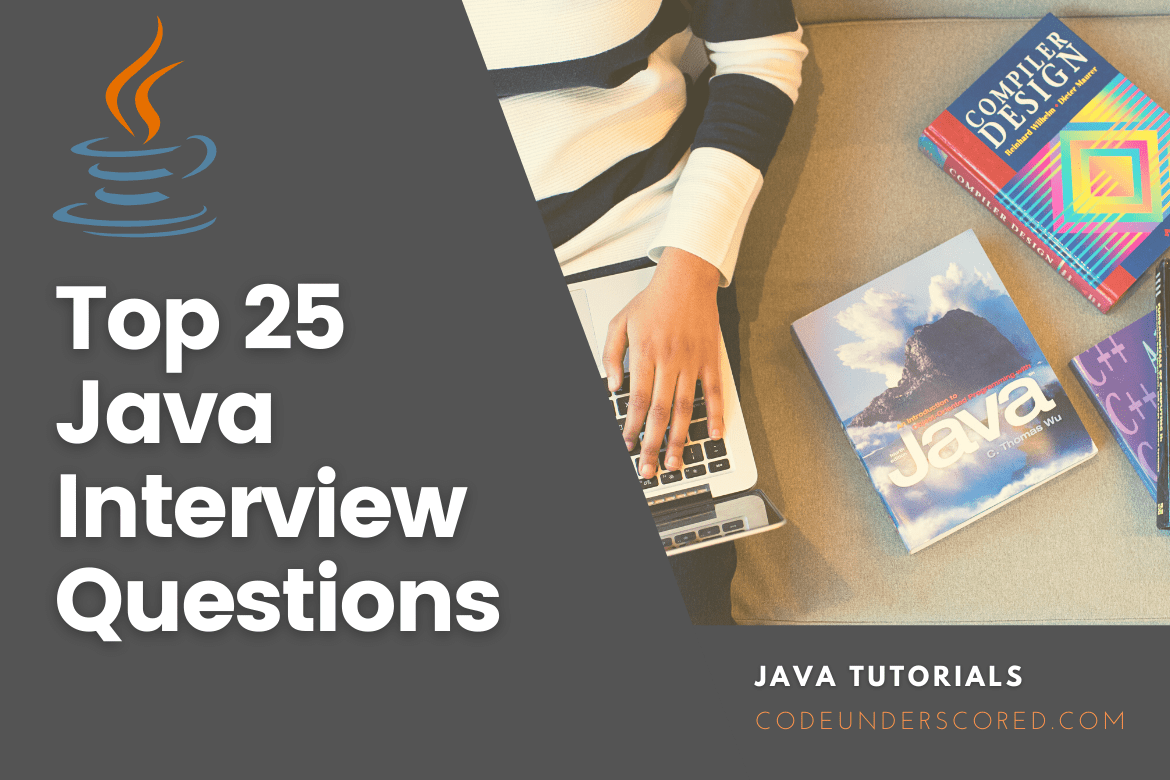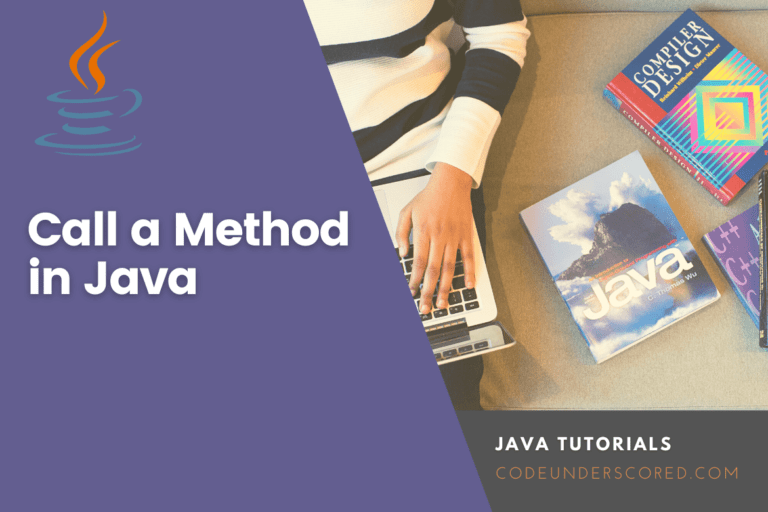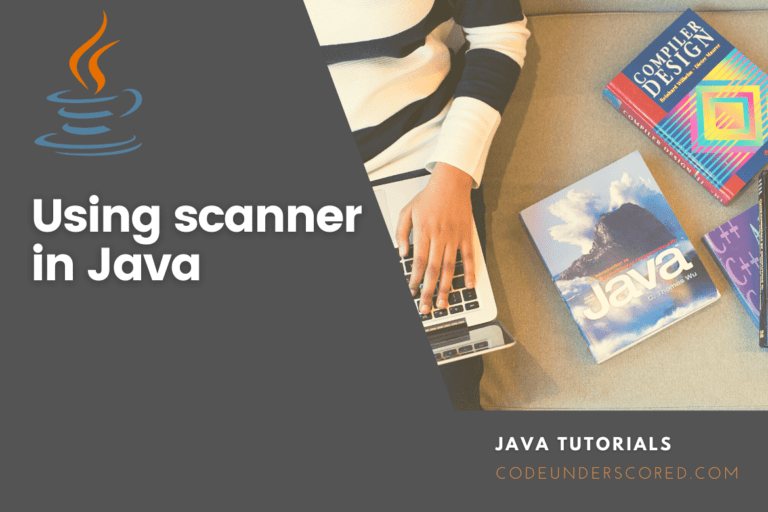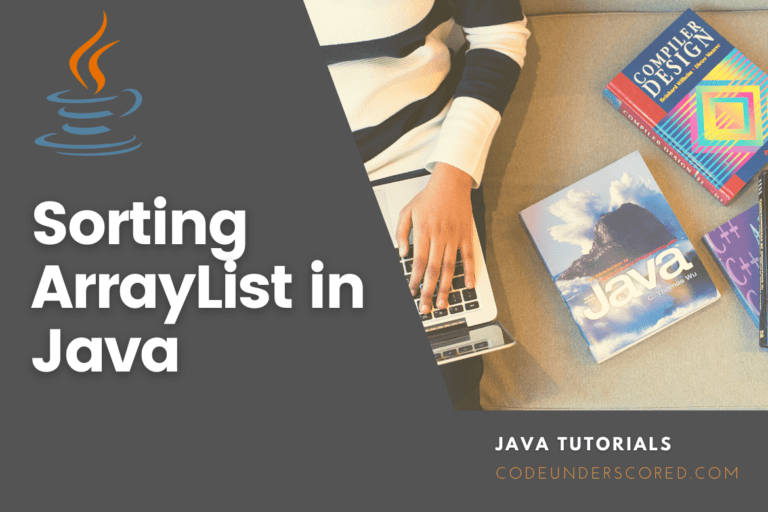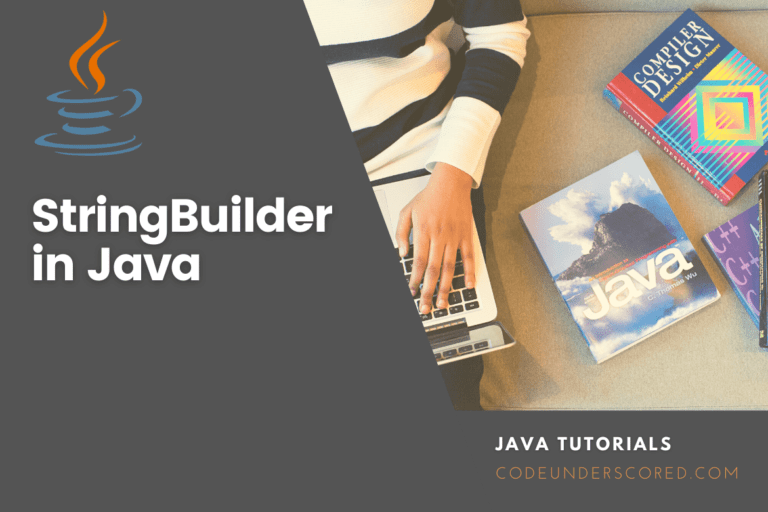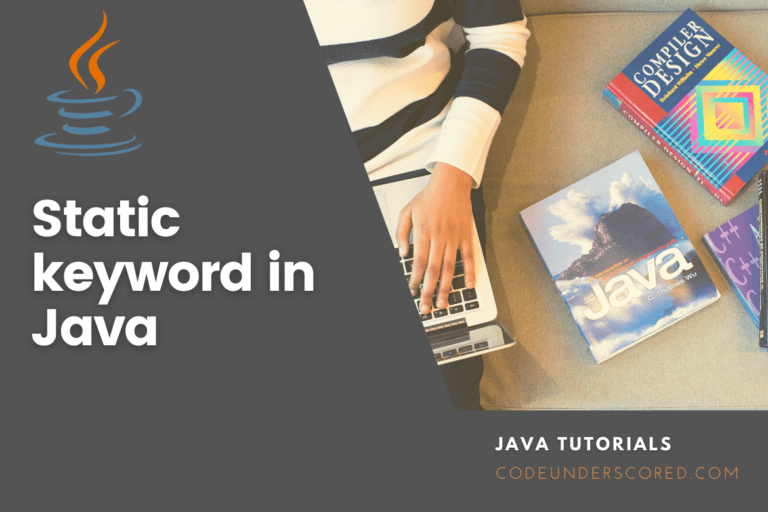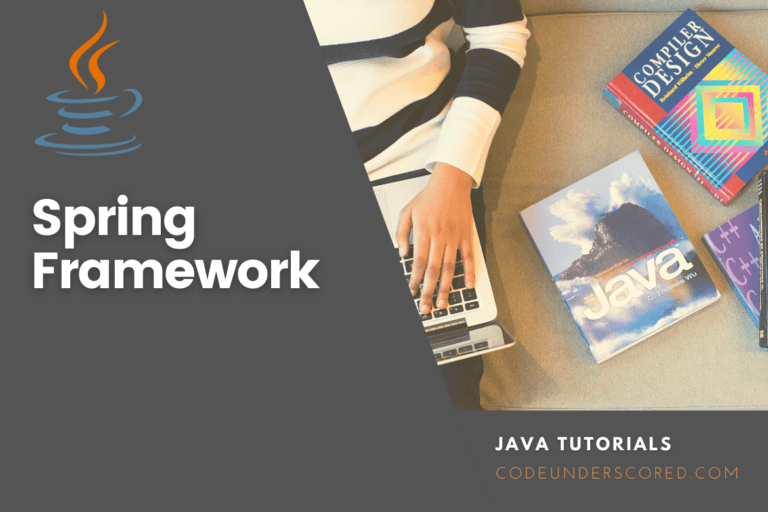Java is one of the three fundamental technologies in the web world, as it is the most commonly used and deployed language. In 1991, James Gosling, Patrick Naughton, and Mike Sheridan created it. With its first-class functions, this high-level language has earned a name in the IT industry, promising a bright future for developers.
What is the significance of Java?
The main benefit of Java is that it allows developers to write code that runs everywhere (WORM), which eliminates the need for recompilation. It is object-oriented and built on classes. Java-produced code may execute on any JVM (Java Virtual Machine), regardless of the system architecture, making it one of the most commonly used computer programming languages.
With such severe competition, companies are pretty specific about what they want in a professional for a Java developer position. Professionals with Java certification and knowledge, skills, and competence who can efficiently design, code, create and deploy various types of applications are in high demand.
Following up on our series of Java Interview Questions and Answers, here are the top 25 Java Developer Interview Questions for both freshers and seasoned Java experts to help them ace the Java developer interview. We’re attempting to give you a diverse set of questions from which you can gain the necessary leverage for getting hired for Java Developer positions in this article.
Cracking the interview to become a Java Developer is a challenging endeavor, but we are here to help you at every stage of the process. We have provided you with the following Java Developer Interview Questions and Answers for your preparation, which will undoubtedly assist you in securing your ideal job and a lucrative career.
Top 25 Java interview questions
1. In Java, define a class
A class refers to a template in Java and is responsible for building objects and defining their data types. The latter is a foundation for systems based on the Java programming language.
2. Describe how to use garbage collection in Java.
When a Java object is no longer utilized or referenced, garbage collection is invoked and automatically destroyed.
3. What Is the difference between a Stack and a Queue?
A stack differs from a queue in that a stack follows the Last in First Out (LIFO) principle, whereas a queue follows the FIFO (First In, First Out) philosophy.
4. What differentiates Static loading from Dynamic loading?
When the name of the class is unknown at compile-time, dynamic class loading is used to create objects and instances using new keywords, while static class loading is used when the name of the class is known at compile time.
5. What is an Anonymous Class, anyway?
An anonymous class is a class that is defined without a name in a single line of code using the new keyword.
6. What is a Java Virtual Machine (JVM)?
The Java Virtual Machine (JVM) is a runtime environment for Java class files that have been compiled.
7. Is it Possible to Restart a Dormant Thread?
No, a thread that has reached the end of its life cycle cannot be restarted.
8. Are Arrays of Primitive Data Types? 21. Are Arrays of Primitive Data Types?
Arrays are not objects in Java.
9. What Is Multi-Threading and How Does It Work?
Multi-threading is a paradigm in programming that allows a single program to do numerous tasks simultaneously.
10. When was Java created, and by whom?
In 1995, James Gosling of Sun Microsystems created Java.
11. What is the difference between JDK, JRE, and JVM?
JVM (Java Virtual Machine) is an acronym for Java Virtual Machine.
JRE (Java Runtime Environment) is an acronym for Java Runtime Environment.
JDK stands for Java Development Kit
12. Does Java Use Pointers?
No. Pointers aren’t used in Java. It has a high level of security. In Java, references are used instead of pointers because they are safer and more secure.
13. What’s the difference Between equals() and ==?
The Equals() method checks if two objects defined by business logic are equal. When primitives and objects are compared, the equality operator, or ==, is employed.
14. Describe the two distinctions between an inner class and a subclass.
While inner classes must be in the same file, subclasses may differ. With this in mind, whereas subclasses inherit their parent class’s methods, inner classes inherit their desired methods.
15. How are Java destructors defined?
Destructors are not necessary because Java has its trash collection. The trash collection technique handles object destruction automatically.
16. Explain what JSON is?
The acronym JSON is JavaScript Object Notation. It’s written in JavaScript and is only available in text format.
17. What is Java’s most important feature?
Java is a cross-platform programming language.
18. What Are Java Constructors?
The constructor is a block of code in Java used to initialize an object.
19. What are the different types of constructors?
Constructors are divided into two categories:
1. Constructor by default:
The default constructor refers to a constructor that has no parameters. If a constructor isn’t defined in a class, the compiler constructs a default constructor for the class (with no arguments), as demonstrated below:
// no-argument constructor
import java.io.*;
class Employee
{
int age;
String name;
// this would be invoked during object
// of that class created.
Employee()
{
System.out.println("Constructor called");
}
}
class Z
{
public static void main (String[] args)
{
// this would invoke the default constructor.
Employee empOne = new Employee();
// Default constructor provides the default
// values to the object like 0, null
System.out.println(empOne.name);
System.out.println(empOne.age);
}
}2. Constructor with parameters
A parameterized constructor contains known parameters. Use a parameterized constructor to set your values in the class’s fields.
// Java Program to illustrate calling of
// parameterized constructor.
import
java.io.*;
class Employee
{
// data members of the class.
String name;
int age;
// contructor would initialized data members
// with the values of passed arguments while
// object of that class created.
Employee(String name, int age)
{
this.name = name;
this.age = age;
}
}
class EmployeeDetails
{
public static void main (String[] args)
{
// this would invoke the parameterized constructor.
Employee empOne = new Employee("adam", 1);
System.out.println("Employee Name :"+ empOne.name +" and Employee Age :" + empOne.age);
}
}20. How Do You Use Java to Connect to a Database?
To connect to a database in Java, follow these steps:
- Registering the driver’s license class
- Establishing a connection
- Making a statement
- Performing queries
- Closing the link
21. What are the JVM and JRE’s Functions?
The Java Virtual Machine (JVM) provides a runtime environment where Java Byte Codes are executed. JRE includes a set of files that JVM needs to run.
22. Can you explain the difference between Overloading and Overriding?
Overloading occurs when two methods with the same name but differing properties exist. When there are two methods with the same name and properties, one in the child class and the other in the parent class, overriding occurs.
23. When hashing a based collection, what is the default size of the load factor?
The load factor’s default size is 0.75, and the capacity is calculated as follows:
# Load factor * Initial capacity
24. What Is a Package, anyway?
A package is a grouping of classes and interfaces that are related.
25. What is the Exception Classes’ Base Class?
All exception classes are inherited from Java.lang.Throwable, which is the superclass of all exception classes.
Conclusion
Because Java is such a popular and broad topic, various interview questions are expected. Therefore, we’ve tried to compile a list of all the relevant Java Developer interview questions and answers to aid your preparation and clarify your understanding.
Casting in Java is a crucial component of the Java interview questions; therefore, you should be well-versed in it.
Get a certification and include it in your resume to offer your profile more weight during the interview. In addition, you can check out our Oracle Java Certifications program if you want to become a certified Java specialist.

